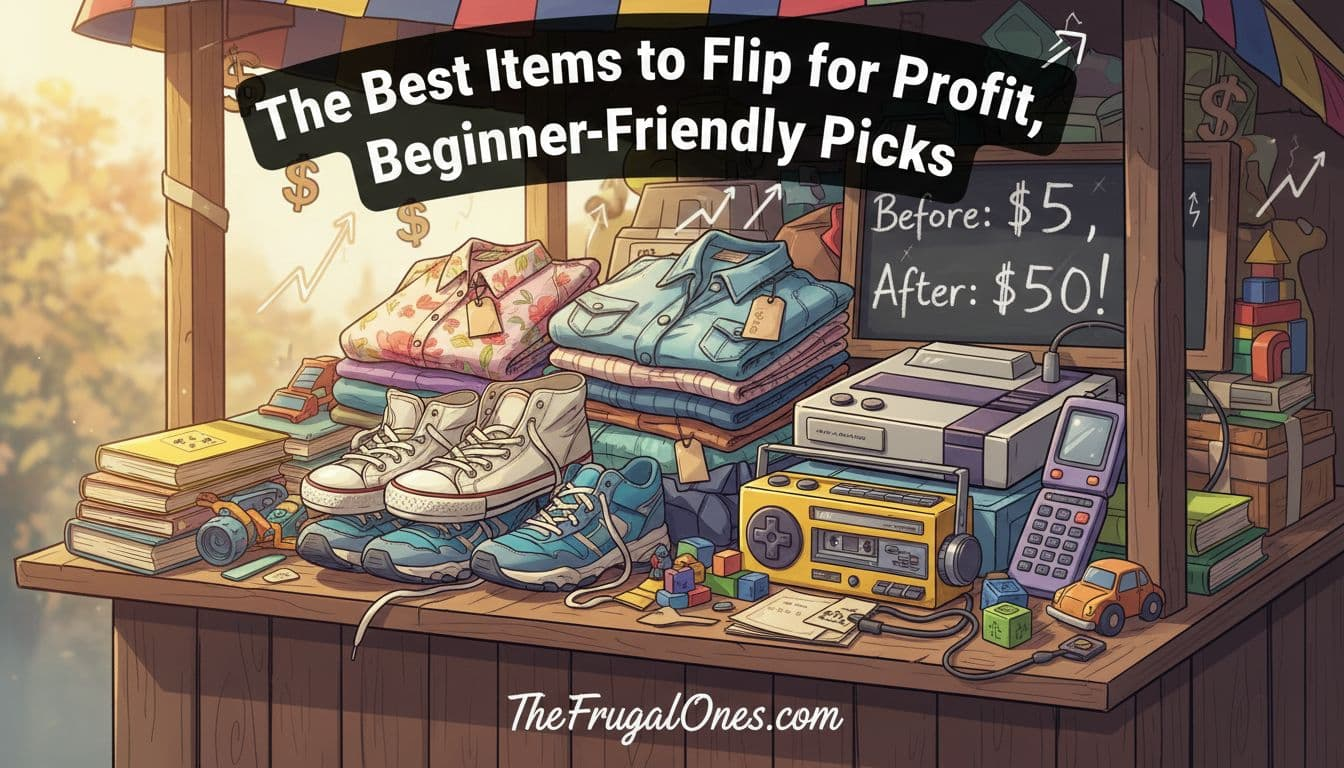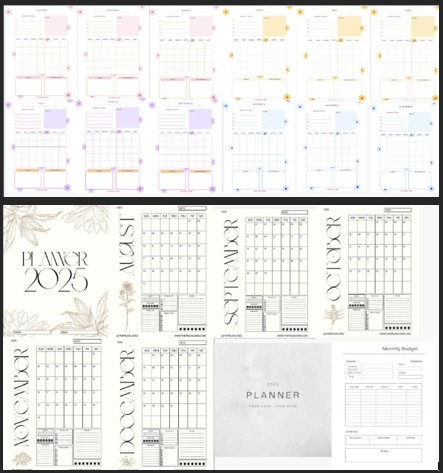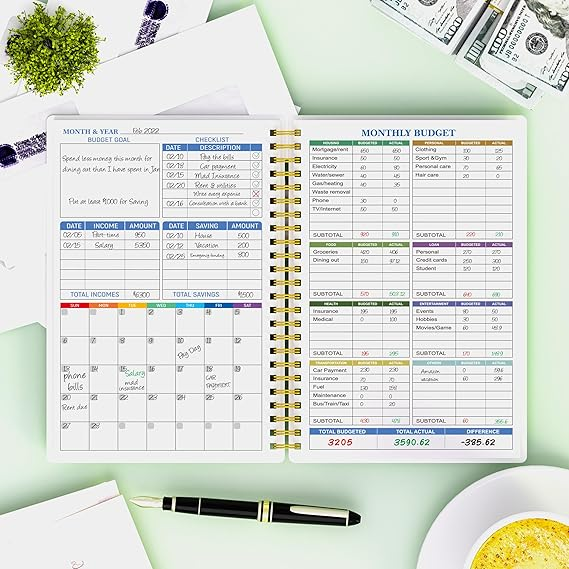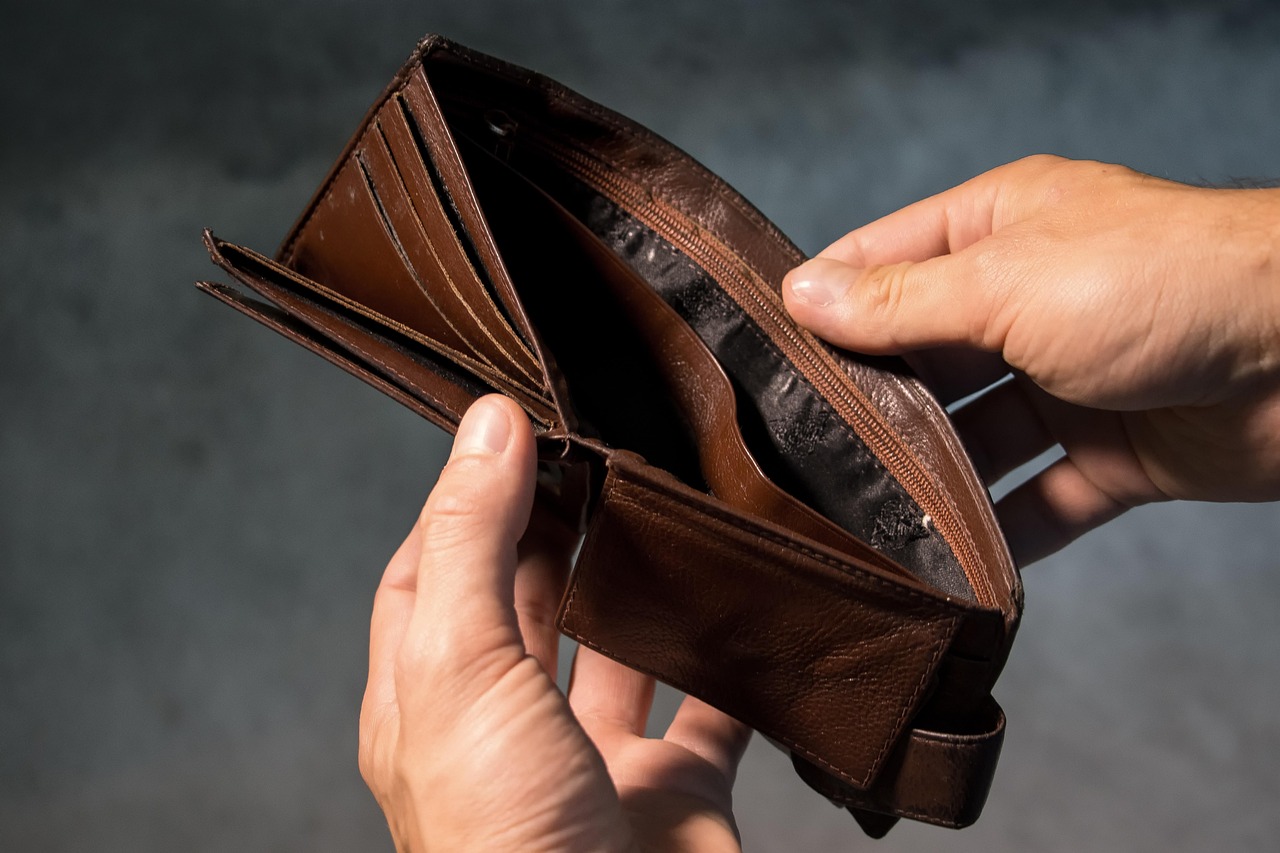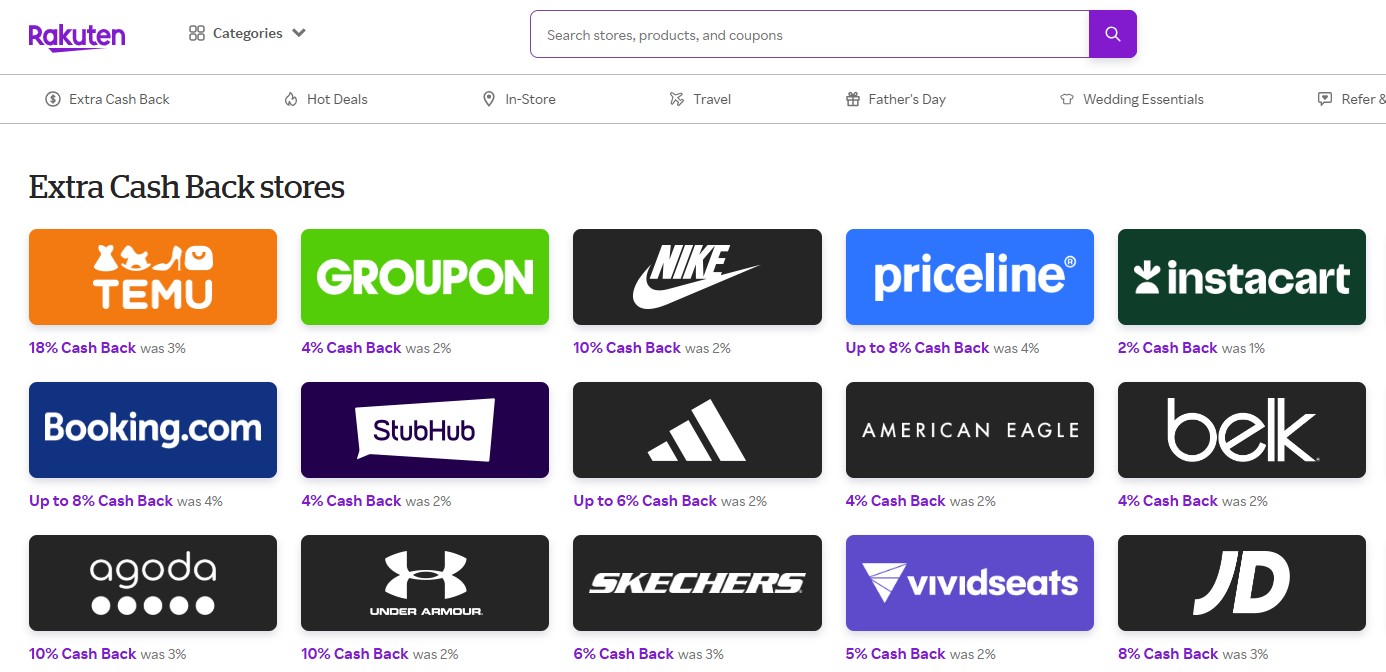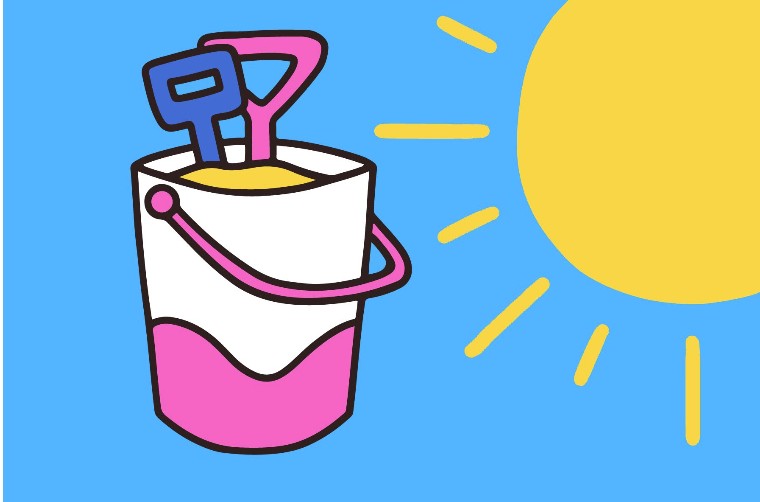Trying out a 7-day no-spend challenge sounds simple—no extras, just essentials, for a solid week. Yet, this experiment gets people talking for a reason. A week without takeout, daily lattes, or impulse buys opens your eyes to habits you might not even notice on a regular day. Some take the challenge to save money quickly. Others want to reset after a season of overspending or test their willpower. Many are surprised by how much they learn about themselves, their triggers, and what really counts as a “need.”
By the end of those seven days, you may feel lighter, more focused, and more aware of where your cash slips away. Here’s how it works, why you might want to try it, and how to make it through the week with both your bank account and sanity intact.
What Is the 7-Day No-Spend Challenge?
At its heart, the 7-day no-spend challenge is a personal experiment: Can you go an entire week without spending money on anything except true essentials? That means ordinary purchases, like grabbing a drink, surfing your favorite online stores, or picking up a snack at the gas station, stay off-limits until the week is over.
Most people set basic rules that fit their real lives. Bills, rent, and groceries usually count as necessary. So do medication, basic hygiene, and gas for work. Beyond that, the line gets personal. The spirit of the challenge is about ignoring wants and focusing only on your true needs.
The challenge works for almost anyone. If you’re living paycheck to paycheck, it’s a way to shake loose a little breathing room. Debt payers can use it to funnel cash toward balances. People who shop out of boredom, stress, or habit might find it eye-opening.
Understanding the Rules
It helps to get crystal clear about what “no-spend” means for you. For most, these are the rules:
- Essentials Only: You can spend on rent, utilities, groceries, gas, and prescriptions.
- No Non-Essentials: Skip fast food, new clothes, coffee runs, streaming rentals, and online carts.
- Personal Exceptions: If you’re hosting guests or have a planned birthday party, set ground rules. Decide what is truly necessary and what can wait.
- Plan Ahead: Do your shopping for essentials before day one, as emergencies aside, you’re on a spending freeze.
Breaking a rule isn’t the end of the world, but it’s important to be honest with yourself. Jot down exceptions before you start, discuss with family, and keep everyone on the same page.
The Benefits of No-Spend Weeks
While saving money is the obvious win, the benefits run deeper.
- You slow down and think before every purchase. Spending becomes a choice, not a reaction.
- You spot patterns. Maybe you reach for your phone to buy things when you’re tired or when work gets stressful.
- You get creative with what’s already in your kitchen or closet. Last year, I made soup out of odds and ends, and actually loved it.
- Your stress may drop once you realize you control your money, not the other way around.
- You re-connect with free joys: a walk, a call with a friend, a family game night.
People often say it’s like pushing a reset button. Do you spend out of habit or for a real reason? That insight sticks with you long after the week ends.
How to Prepare and Succeed at the Challenge
The 7-day no-spend challenge is usually hardest before it even starts. The key is to plan for your weak spots, set yourself up for success, and remember that discomfort means you’re doing something different (and that’s kind of the point).
Prepping Your Home and Mindset
- Inventory your kitchen and supplies.
- Make meals with what you already have, and shop only for true basics: milk, eggs, fruit, bread.
- Block temptations by unsubscribing from emails, removing shopping apps, and avoiding your favorite splurge spots.
- Talk with family or roommates.
- Let them know your plan and set expectations—nobody likes a surprise spending rule.
- Set your “why.”
- Are you saving for something? Breaking a pattern? Write it down and put it somewhere you’ll see each day.
A little prep on the front end saves frustration and helps everyone stay on track. If you usually grab coffee out, make cold brew at home. If you have a birthday coming up, plan a homemade meal or game night instead of a dinner out.
Coping With Temptations and Roadblocks
Even the best plans get tested. Maybe a friend invites you out or you have a rough day and want to treat yourself online. Instead of white-knuckling it, try these tactics:
- Delay, don’t deny.
- Tell yourself you’ll look again after the seven days. Often, the urge fades.
- Phone a friend.
- If you’re about to cave, text someone who knows you’re doing the challenge.
- Keep busy.
- You’re less tempted when you’re engaged with something else.
- Track your wins.
- Put a sticky note on the fridge or mark a calendar. It feels good to see progress.
Emergencies happen—if you really need something, get it. The point is to notice patterns, not to create stress.
Creative Ways to Stay Entertained Without Spending
A week can feel long if you’re used to paid activities, but there are plenty of ways to stay busy and have fun without reaching for your wallet.
- Host a potluck or game night with friends or family.
- Take a walk, bike ride, or hike in your local park.
- Try new recipes with ingredients you already have.
- Browse the library (in person or online) for books, audiobooks, or movies.
- Declutter a closet or tackle a project you’ve put off.
- Start a journal or sketchpad for the week.
- Practice a hobby you’ve been neglecting: music, writing, art, DIY projects.
Getting creative often sparks more joy than another night of Netflix. You may rediscover interests you forgot you loved.
A 7-day no-spend challenge is a reset
A 7-day no-spend challenge isn’t just about saving a bit of cash, though that’s a nice bonus. It’s a reset—a way to hit pause, look at your habits, and ask if your spending matches your real goals and priorities. Even if you mess up, the insight gained is worth the effort.
If you get to the end and feel good, try another week or make it a monthly habit. The lessons (and the money you don’t spend) add up. Give it a shot. You might be surprised by what you learn about yourself—and what you truly value.

